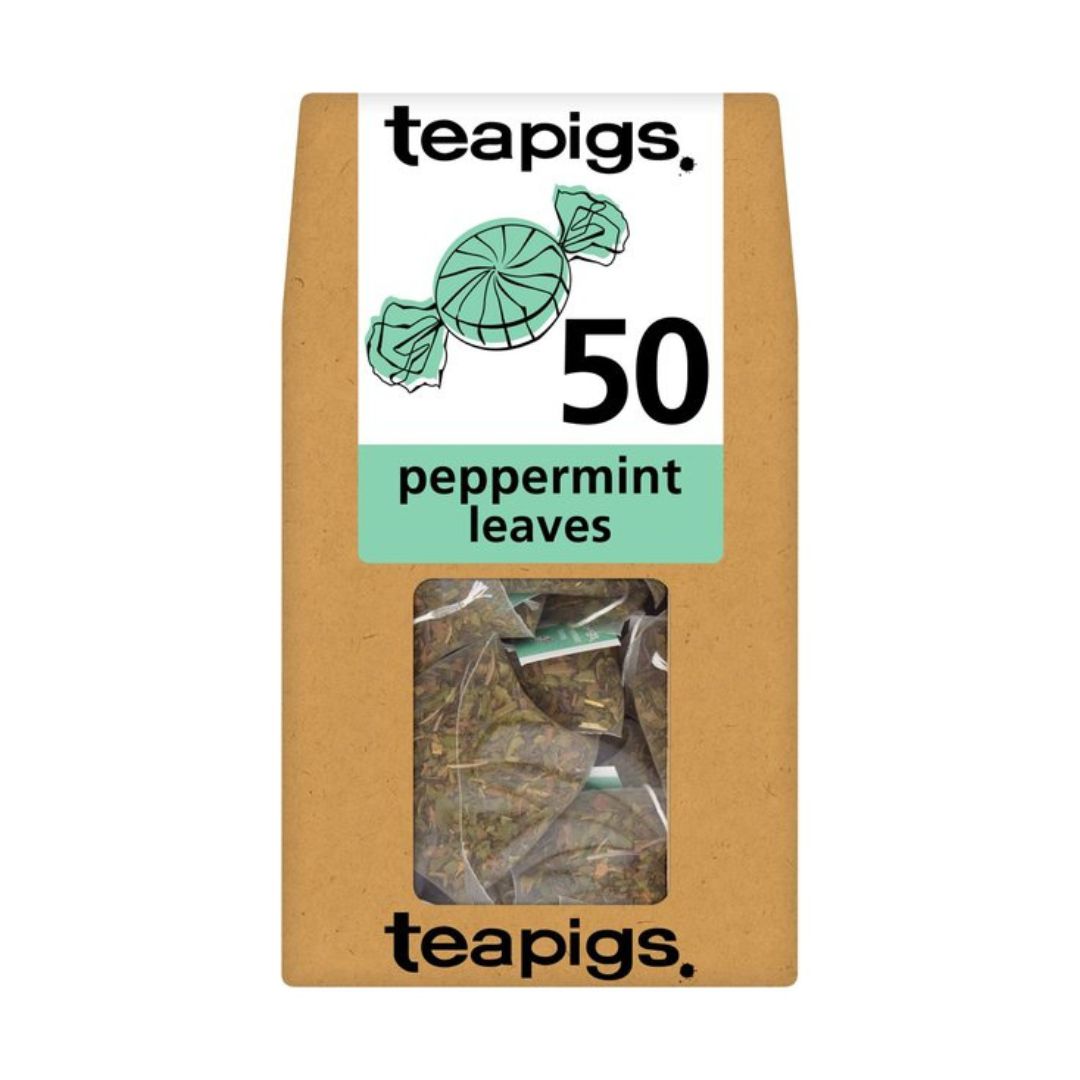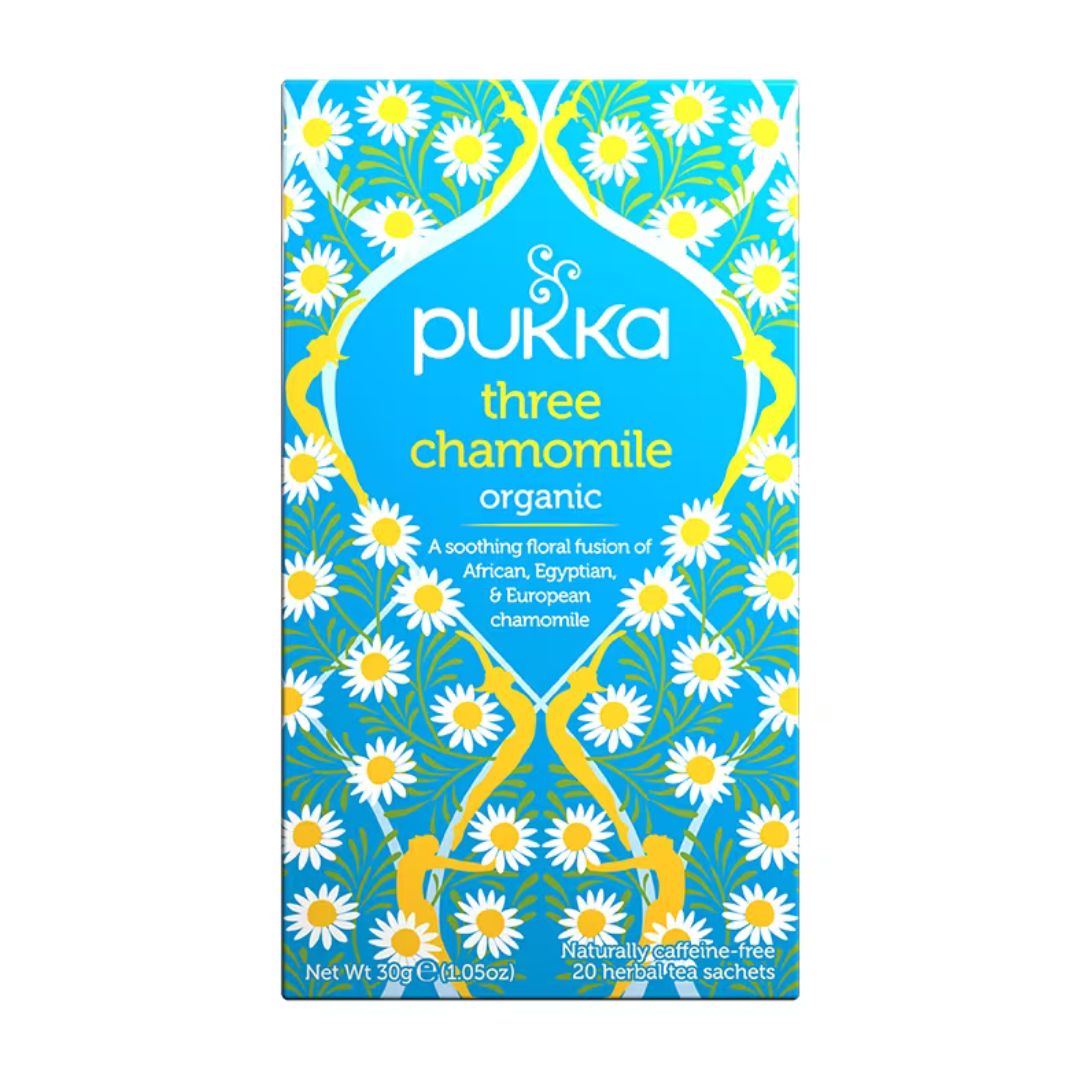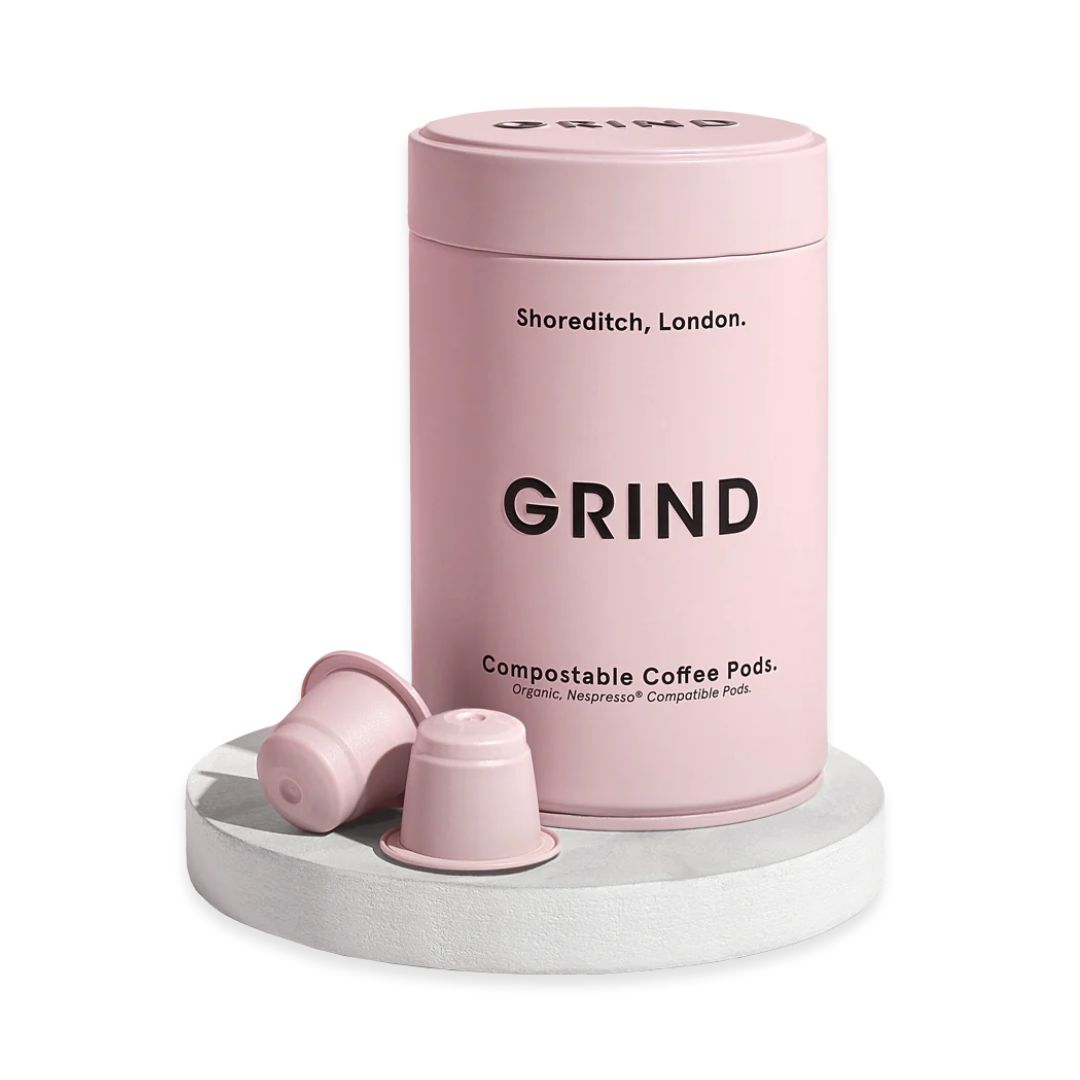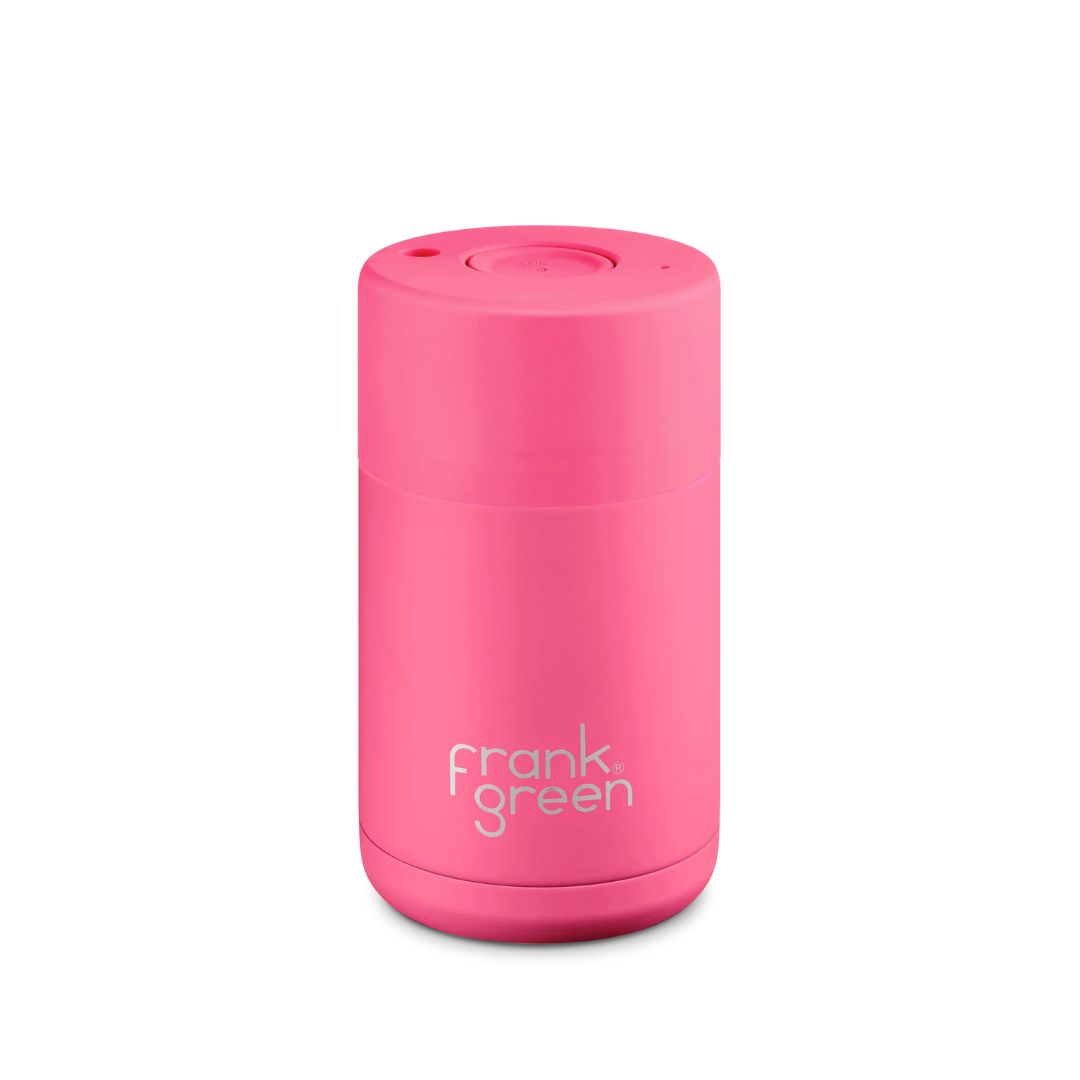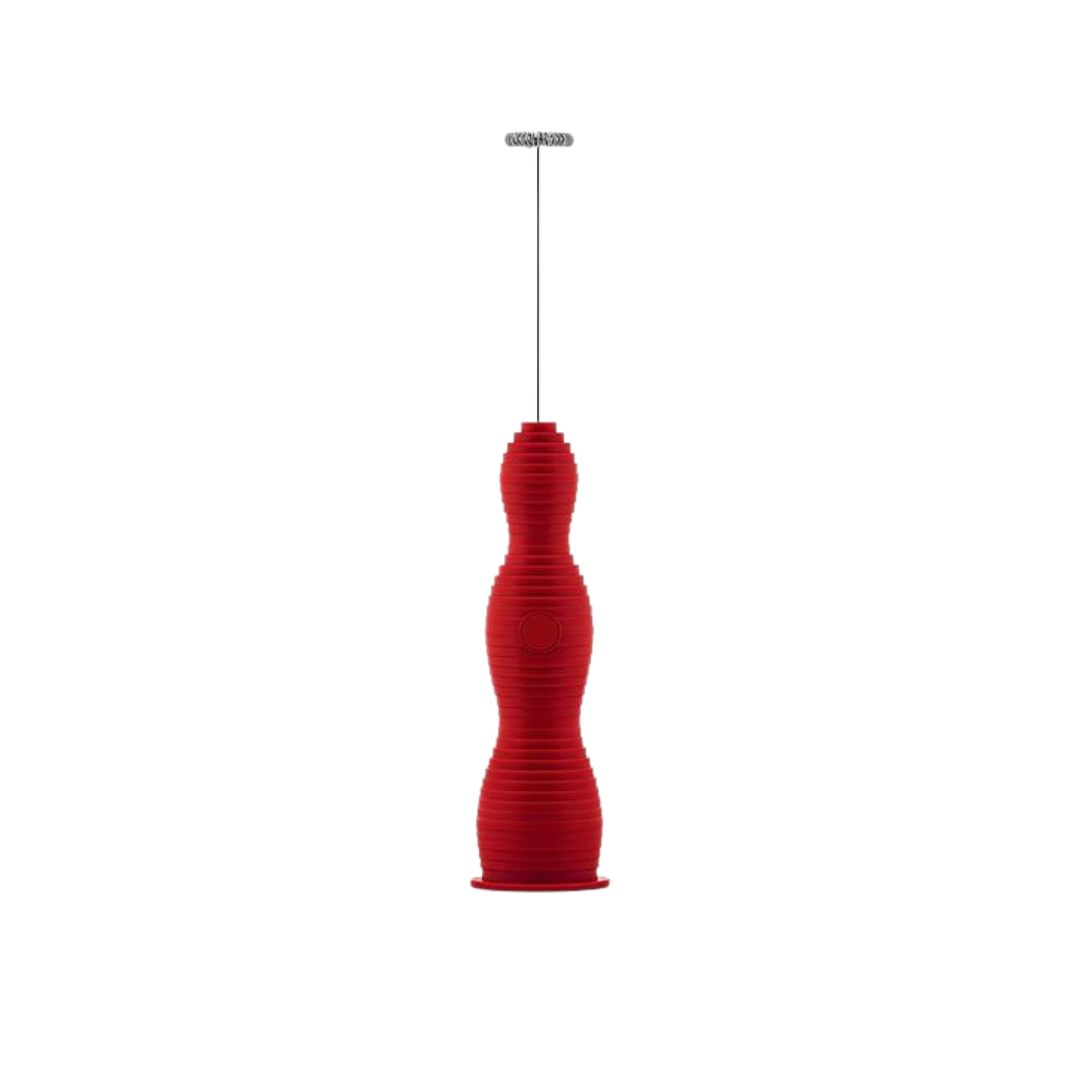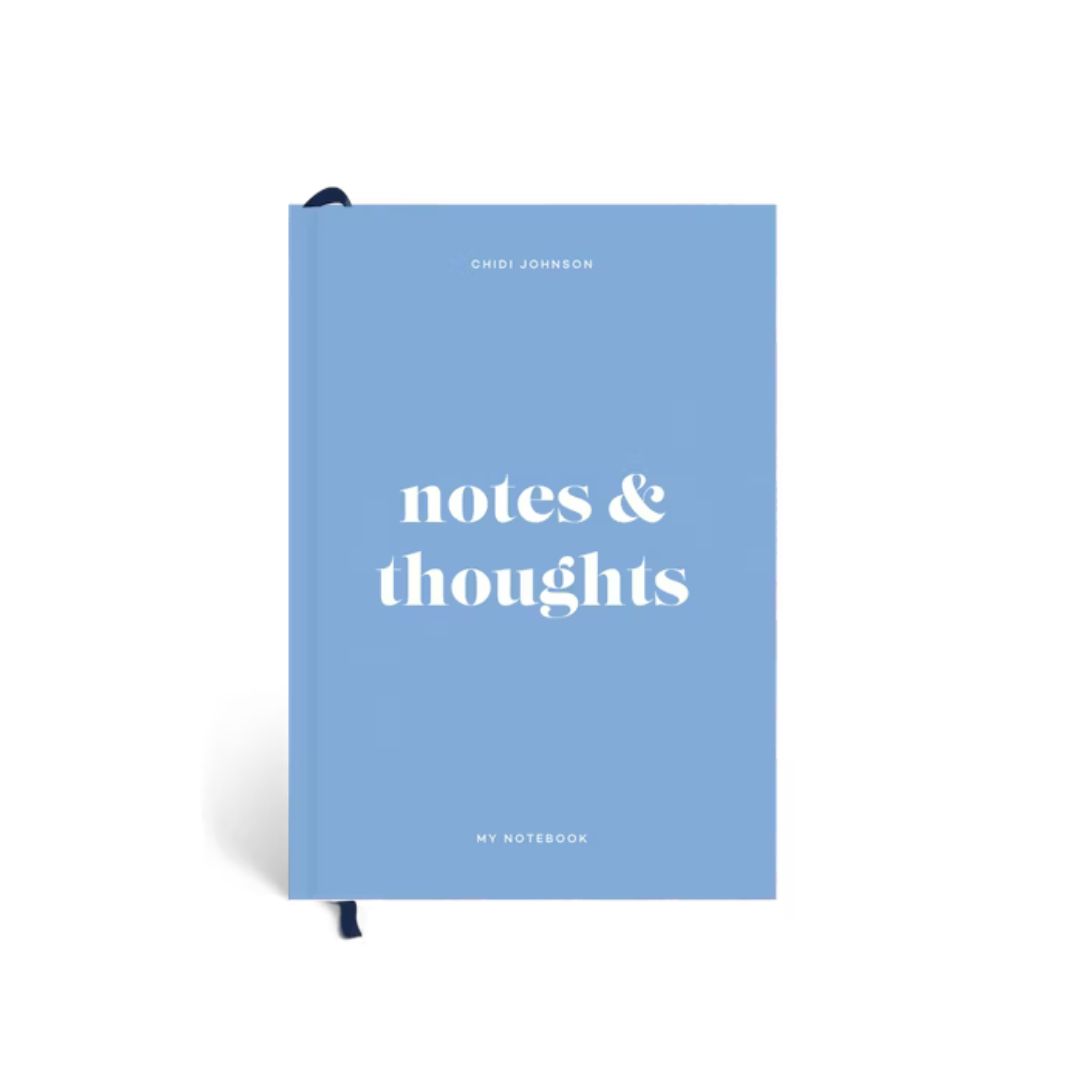Begrudgingly, I went caffeine-free for 30 days - and can't believe how much it's improved both my energy and focus
Bye, bye, beautiful beans.
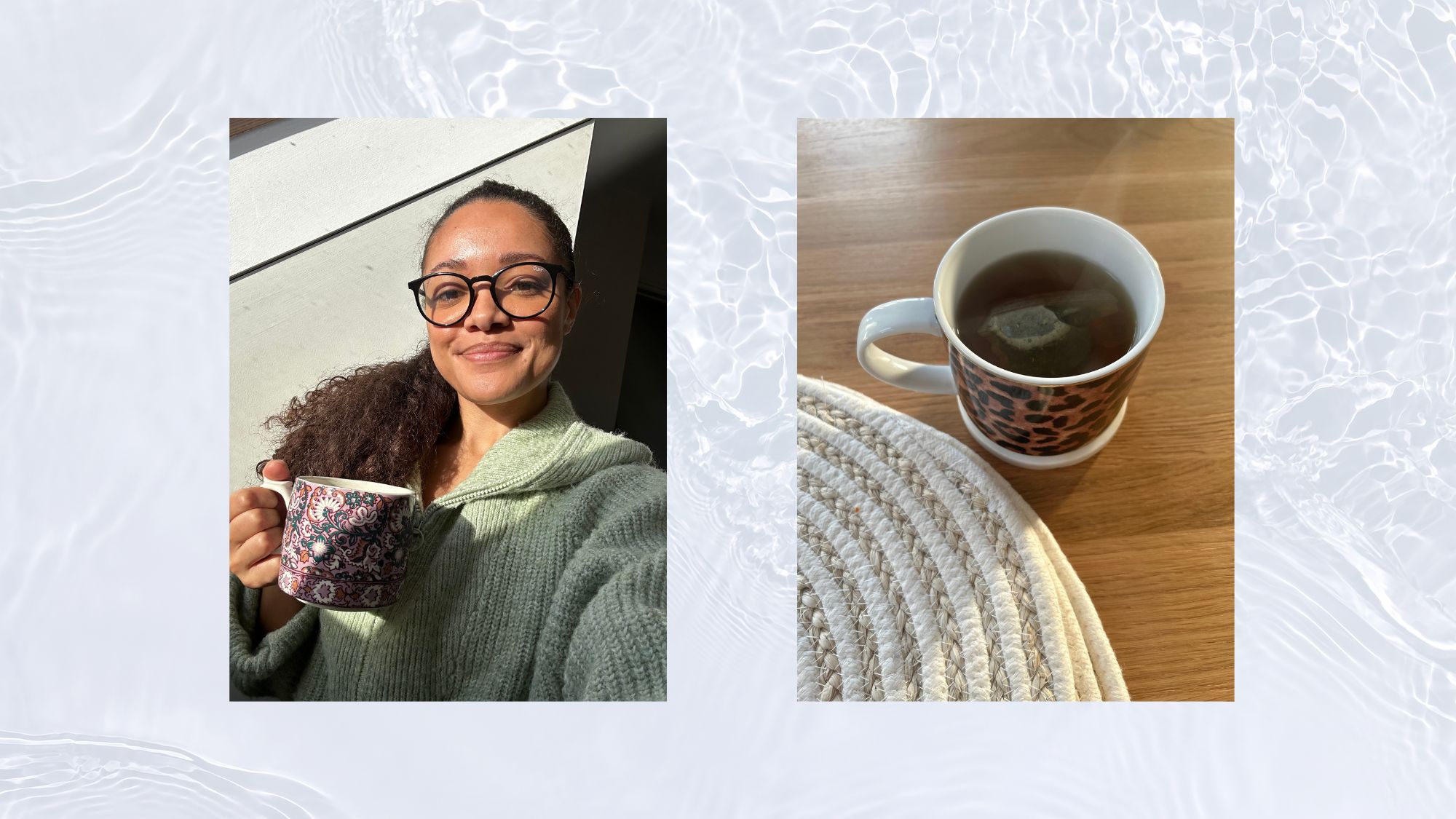

Surprisingly enough, I didn’t begin last month with the intention of giving up coffee. That said, 30 days down the line, I’ve seen the first-hand benefits of doing swerving caffeine - so much so, I feel my caffeine habits have changed forever.
Wondering why I decided to see how I'd fare without my morning (and sometimes mid-morning... and mid-afternoon) coffee? It actually started off as a dare (wild, I know) and has ended up with me reframing the way I now utilise caffeine.
Case in point: just over 30 days ago, I thought caffeine was essential to modern-day living. You wake up, you bewilderedly stumble to the kitchen and you power up your coffee machine or kettle to help kickstart you into action, right? As I found out - and for me, at least - wrong. While coffee did help perk me up, it was leaving me with a few less desirable symptoms (read: anxiousness, sluggishness and 3pm slumps that were hard to break free from).
Let's be clear here: the research on coffee at current is mixed, with most studies concluding that it doesn't negatively impact our health if enjoyed in moderation. In fact, when consumed mindfully, there are many health benefits of coffee. For one, it can give your metabolism a boost (research shows that the rate at which you burn calories at rest can increase by 3% to 11% when consuming caffeine). It can also "significantly lower the risk of dementia" by about 65%, or so says research published in the Journal of Alzheimer's Disease. But, as a registered dietitian, nutritionist and member of the British Dietetic Association, Shavina Patel, warns: “The key word is moderation - it’s important to know your own threshold.”
This is why I decided to give coffee the boot and see whether I could really survive giving up coffee for a month. To find out what coffee does to your body, the benefits of giving up caffeine and how I found the process, keep scrolling.
Like the sound of this health kick? Check out how other writers got on drinking ginger shots, apple cider vinegar and lemon water every day, while you're here.
Giving up caffeine for a month taught me a lot - here's what I learnt
What actually is caffeine?
Caffeine is a naturally occurring substance found in foods like cocoa beans and of course, coffee or tea. According to one — albeit dated — review, it’s also the "most widely used psychoactive substance in the world."
Celebrity news, beauty, fashion advice, and fascinating features, delivered straight to your inbox!
That said, with more recent data suggesting that 74% of all people drink coffee every day, this fact still rings true today.
How much coffee should you drink a day?
According to the European Food Safety Authority (EFSA), no more than 400 milligrams of caffeine should be consumed in a day.
Most people drink coffee to jolt them into action and feel more alert. But have you ever wondered how it works? Well, when you consume caffeine it blocks your all-important adenosine receptions. It does so because it’s “structurally similar” to the chemical adenosine.
One article published in the American Chemical Society said: “In the brain, adenosine protects us by slowing nerve cell activity. Due to its similar structure, caffeine binds to the adenosine receptors. Caffeine, therefore, not only blocks adenosine’s ability to slow nerve activity, but it increases nerve activity, leaving us stimulated, more alert, energetic, and occasionally with coffee jitters.”
What are the benefits of giving up coffee?
Along with reducing anxiety and nerves, research has shown that ditching caffeine can result in a better night’s sleep. Case in point: this 2008 study found that daily coffee intake can alter your sleep cycle, causing daytime drowsiness and restless sleep. Further research published in 2013 backed this up and concluded that this is especially heightened if caffeine is consumed less than six hours before sleep.
Not only that, but you'll all know that coffee can stain your pearly whites. But did you know? Research has found that caffeinated drinks (coffee included) can chip away at your enamel and lead to tooth decay. So if you’ve longed for a brighter and whiter smile, giving coffee the boot could help you achieve just that.
What are the negatives of giving up coffee?
There are a few negatives of giving up caffeine, especially the case if you choose to swerve it entirely without tapering your caffeine consumption down.
So much so, a 2023 report published in the National Library of Medicine found that withdrawal from caffeine can cause “mild to clinically significant distress and impairment of normal functioning”. The severity of these symptoms will vary from individual to individual, depending on how much caffeine you drink, but common symptoms can include:
- Headache
- Fatigue
- Decreased energy/activeness
- Decreased alertness
- Drowsiness
- Decreased contentedness
- Depressed mood
- Difficulty concentrating
- Irritability
- Feeling foggy/not clear headed
- Muscle stiffness
- Joint pain
- Impaired behavioural and cognitive performance
- Hand tremor
This is why Patel recommends reducing your caffeine consumption slowly - to limit the effects of these withdrawal symptoms. “If you're looking to cut out caffeine, start slowly," she recommends. "Lower it gradually and eventually tailoring off."
What are the best coffee alternatives?
For a coffee alternative, you could consider drinking decaf. Just know: despite its name, decaffeinated coffee still contains some of the natural stimulant.
That said, according to current research, it has 97% less caffeine than a regular coffee (decaf coffee has seven milligrams of caffeine per cup whereas a regular cup can have anything from 70 to 140 mg of caffeine).
If you’d rather go caffeine-free, Patel recommends drinking fruit teas that contain zero caffeine. “Peppermint tea, nettle tea, and chamomile tea don't have any caffeine," she shares. Do note, though: “Anything that's made from tea leaves will have a lower caffeine content, but it still has caffeine in it.”
Week one of giving up coffee
There’s no two ways about it: saying see ya later to my early morning latte was harder than I thought it was going to be. I could say the same for my mid-morning wake-me-up cuppa. And the same goes for my pre-3 pm hit.
Before this challenge, a cup of coffee signalled the start of my day. It was also the 10 am pick-me-up, and the giver of energy when my batteries were depleting. So, along with feeling fatigued, irritable and a bit headachy, it felt strange not having my caffeine side kick, right by my side to help power my way through my deadlines and to-do list.
Week two
It’s been eight days, so many hours and a handful of minutes (but who’s counting?!). I couldn’t still be feeling the side effects from giving up from caffeine, could I? My headache, lethargy and inability to concentrate for too long would suggest otherwise.
After doing some digging, I found a 2022 study that concludes caffeine withdrawal symptoms start from 12 to 24 hours after going caffeine-free, peak at 20–51 hours, and can last up to two to nine days (!). The same study concluded that the severity of caffeine withdrawal “increased observed after seven or 14 days of exposure.” Brilliant.
Week three
By week three, fruit teas have gained a bit of a cult status in my cupboard. Gone are the days of waking up bleary-eyed, making my way to the kitchen, flicking on the kettle and waiting for my cup of caffeine to pulse through my bloodstream and kickstart me into action.
Instead, I’m waking up with a spring in my step, downing a cup of water and only later reaching for my selection of herbal goodness. A peppermint tea seems to work a treat, and I could say the same for a hot lemon and ginger (although I didn’t reach for a ginger shot just yet).
On the days when I don’t fancy either, I switch them out for some more high-quality H2O.
Week four
I’m on the home stretch and the end really is in sight. I thought I would be clucking for a coffee, but in reality, I’ve gotten used to this new caffeine-free lifestyle and I’m actually *whispers it* enjoying the first-hand benefits I’m seeing play out in real-time.
Along with feeling more energised in the mornings, less anxious and jittery, I’m also no longer crawling my way to a 5.30 pm finish following a 3 pm crash.
After 30 days of saying no to coffee, it turns out all I really need is a good night’s sleep, endorphins from my morning exercise and lots of water to help power my days. Who knew?
The bottom line?
Since completing 30 days without coffee, I feel different. I feel more hydrated, my energy levels feel stabilised and those weary 3pm slumps are out of the window. I also no longer lean on coffee like I used to, as though it was a metaphorical crutch, propping me up in the mornings and keeping me going until well into the late afternoon.
Will I ever sip a coffee again? Of course. But I’ll do so on the understanding that caffeine is a natural stimulant and, in my opinion, if you’re a lover of it, it’s something that should be consumed in moderation. Not only by just sticking to the recommended daily intake (so no more than 400mg of caffeine per day), but by also listening to your body and finding your happy medium.
For me, one cup a day hits the spot and if I do dabble with a second, I’ve actually made the switch to decaf as I still get the taste without the undesired side effects. I’d also never drink caffeine again on an empty stomach or past 2pm — sleep is everything, after all.
MC UK’s guide to hot drink essentials
Is it ok to just stop drinking coffee?
In short: no. Instead of going cold turkey, experts say it’s best to wean yourself off coffee slowly to limit the withdrawal symptoms often associated with detoxing from caffeine. Whether it’s headaches, sluggishness or the inability to concentrate, according to research published in the Frontiers in Neurology, those who devour just one cup a day can still experience these negative side effects after stopping their caffeine consumption.
So instead of going from zero to 100, try to reduce your intake slowly by drinking one less cup of caffeine across a couple of days and seeing how you feel. Then, when you’re ready, try reducing your intake again by another cup until you are down to none.

Rebecca, or Becks, is a freelance journalist with more than ten years of experience in the industry. She specialises in all things health and lifestyle and has written for a number of brands including Women's Health, Stylist, the Evening Standard, Good Housekeeping, The Telegraph, Live Science, Tom's Guide and Fit&Well. Becks also writes copy for a number of brands and small businesses.
When she's not weight training, tracking down the best gym leggings, reading a book or at her desk typing away, you'll find her in the kitchen perfecting a new recipe or bake.
